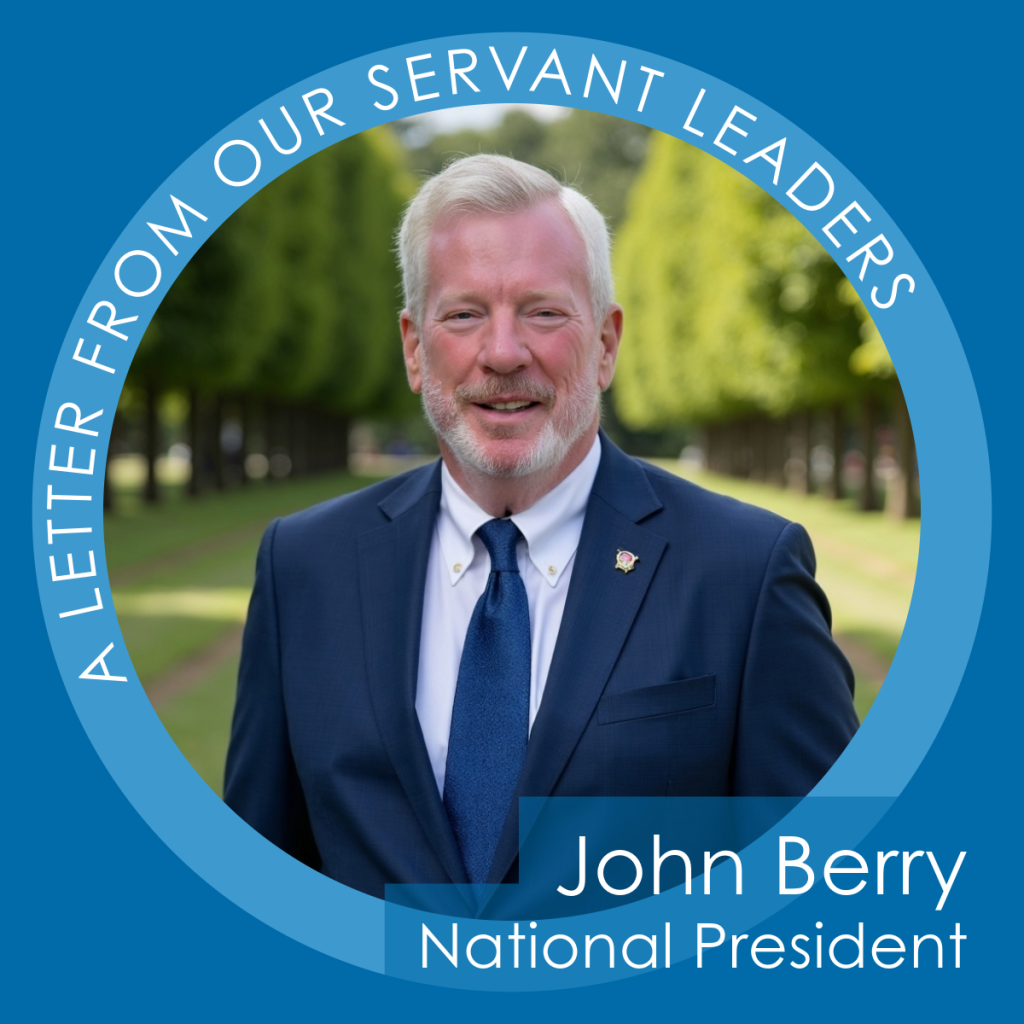
Hope in Action: Serving the Poor Amid America’s Growing Housing and Homelessness Crisis
In neighborhoods across the United States, the simple dignity of home is slipping out of reach for millions. At any given time, over half a million Americans are homeless, with countless more living on the edge; couch-surfing, sheltering in motels, or fearing the next eviction notice. This isn’t just a crisis of statistics; it’s a daily reality for families, veterans, young people, and senior citizens. As the mission of the Society of St. Vincent de Paul calls us to grow in spirituality through service to the poor, we are called not just to recognize this crisis but to respond to it with mercy, love, and tangible action.
The Faces Behind the Crisis
Visit any city or small town, and the signs of homelessness are visible: tents beneath highways, “Help Needed” signs at intersections, families lining up at food banks, children living in uncertainty. Yet each person caught in the web of housing insecurity has a name, a story, and a soul loved by Christ. The causes are complex; soaring housing costs, stagnant wages, mental health challenges, addiction, and the lingering effects of the COVID-19 pandemic. But the call to respond is startlingly simple: We are invited to see, to serve, and to grow.
Catholic Social Teaching: The Preferential Option for the Poor
The words and actions of Jesus Christ leave us no doubt: “Whatever you did for one of the least of these brothers and sisters of mine, you did for me” (Matthew 25:40). In Catholic social teaching, the preferential option for the poor isn’t just a principle. it’s a commandment rooted in dignity, mercy, and solidarity.
Saint Mother Teresa, who dedicated her life to serving those abandoned by society, captured it best: “Each one of them is Jesus in disguise.” Whether it’s a family evicted from their home or a veteran living on the streets, our faith compels us to see Christ in the vulnerable. The Church teaches that true justice is measured by how the poor are treated.
Growing in Spirituality: Meeting Christ in the Margins
Service to the poor transforms not only those we help but also our own hearts. Volunteers often share that encounters with the homeless, whose possessions may fit in a backpack or a shopping cart, bring unexpected lessons in humility, gratitude, and faith. To sit with someone on a park bench, to serve a meal in a shelter, or to listen to a story of struggle is to enter a sacred space where God is powerfully present.
I recall a moment that moved me deeply while I serving at SVdP in Atlanta. As the CEO of SVdP Georgia I was visiting one of our Thrift Stores. I began helping a man find shoes in the store while I was there. He told me he used to own a construction company but lost everything because of medical bills. He had more hope than I did, even after all he’d been through. I recognized Christ in his perseverance, and I was a better person for having interacted with him.
Service, when rooted in love, is never a one-way street. As we accompany our neighbors facing homelessness, our own spirituality deepens. It becomes less about charity and more about solidarity, a shared journey toward wholeness.
Living Mercy Here and Now
While the enormity of the housing crisis can feel overwhelming, Vincentians and volunteers have always found creative and meaningful ways to answer the call. For many, serving in local shelters and food banks is an opportunity not just to provide necessities, but to build genuine relationships through listening and offering compassionate presence. Others become advocates for affordable housing, lending their voices to legislative efforts and supporting organizations dedicated to increasing access to safe homes. The simple act of assembling kits filled with essentials like hygiene items, socks, snacks, paired with words of encouragement can offer comfort and hope to those on the streets. Prayer vigils and community events bring awareness and spiritual support, while sharing skills through mentorship or job training programs empowers those striving for stability. By supporting families at risk of eviction and educating their communities about homelessness, we help transform compassion into action and engage people of all ages and abilities in works of mercy.
The Spiritual Discipline of Ongoing Mercy
It’s tempting to see service as something we “do”. A task to check off or a solution to implement. But Catholic social teaching insists that service is also about continual conversion. When we give of ourselves, we discover our own dependence on God and on others. We recognize the brokenness within ourselves and grow in humility. The discipline of mercy is ongoing: it lasts beyond one meal served or one shelter shift.
Saint Oscar Romero, martyred for defending the poor in El Salvador, said: “When we leave Mass, we ought to go forth as if we have just discovered a wonderful secret to share.” For Vincentians, the “secret” is Christ’s presence among the poor, and the invitation to encounter him through mercy, justice, and service.
Called to Action: Mercy That Transforms
As economic challenges, social divides, and uncertainty continue to affect communities across the United States, the call to serve is louder and more urgent than ever. Vincentians have a unique opportunity to be the hands and feet of Christ in a time of deep need. We are invited not only to relieve immediate suffering, but also to journey alongside our brothers and sisters, advocating for lasting solutions and growing ever deeper in faith.
Let us remember: every act of kindness, however small, is a gateway to transformation. Every face we encounter on the street, in shelters, and in the margins reflects the image of God. Our mission is not only to “help,” but to see, to listen, and to walk with. In so doing, we fulfill the Gospel’s deepest command and embrace the mystery of mercy in action.
A Prayerful Reflection for Volunteers
As we serve, let us ask Christ for eyes that recognize his presence in those who lack home and hope. May our hands be merciful, our hearts generous, and our spirits humble. Let every encounter remind us of our own dependence on God and inspire us to grow in love. And may the transformation we experience through serving our brothers and sisters deepen our commitment to justice and mercy, bringing the light of Christ’s compassion to our communities and our world.
Peace and God’s blessings,
John



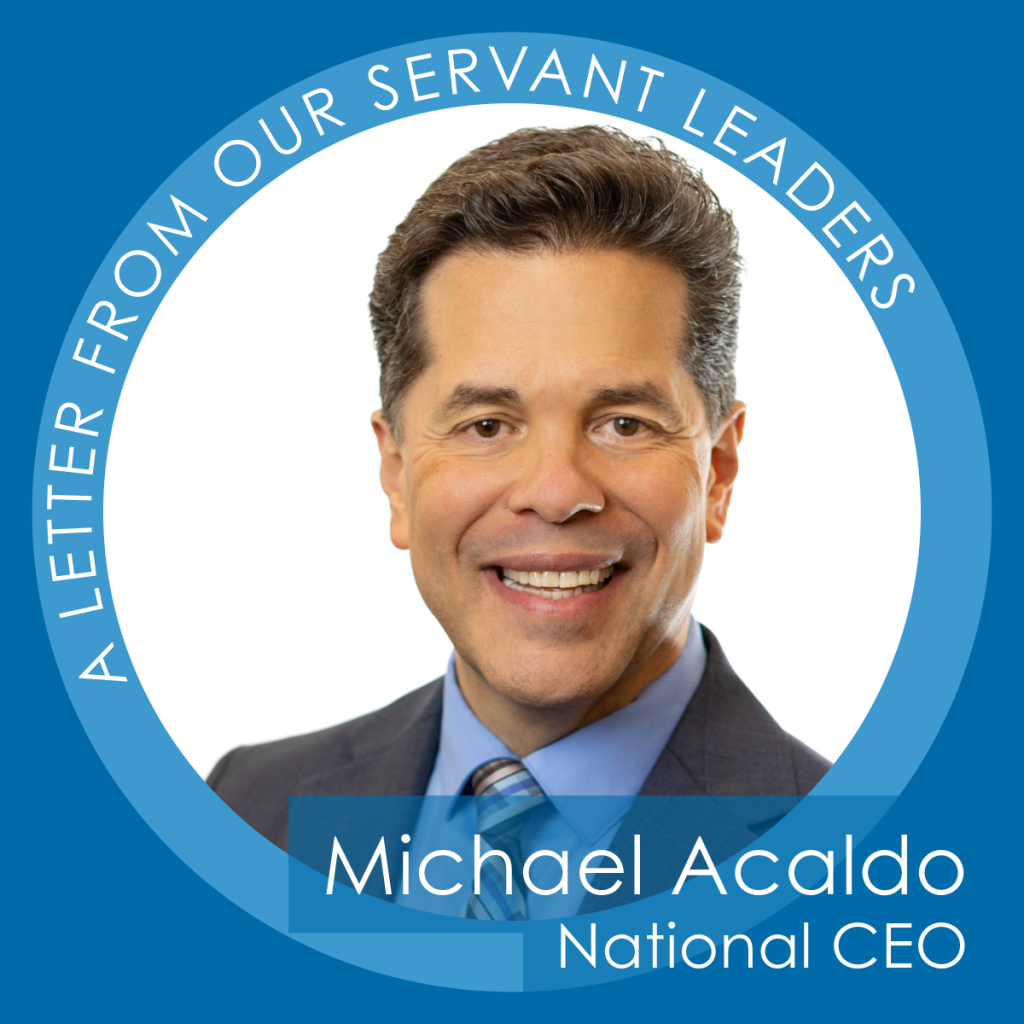 My Most Memorable National Assembly
My Most Memorable National Assembly
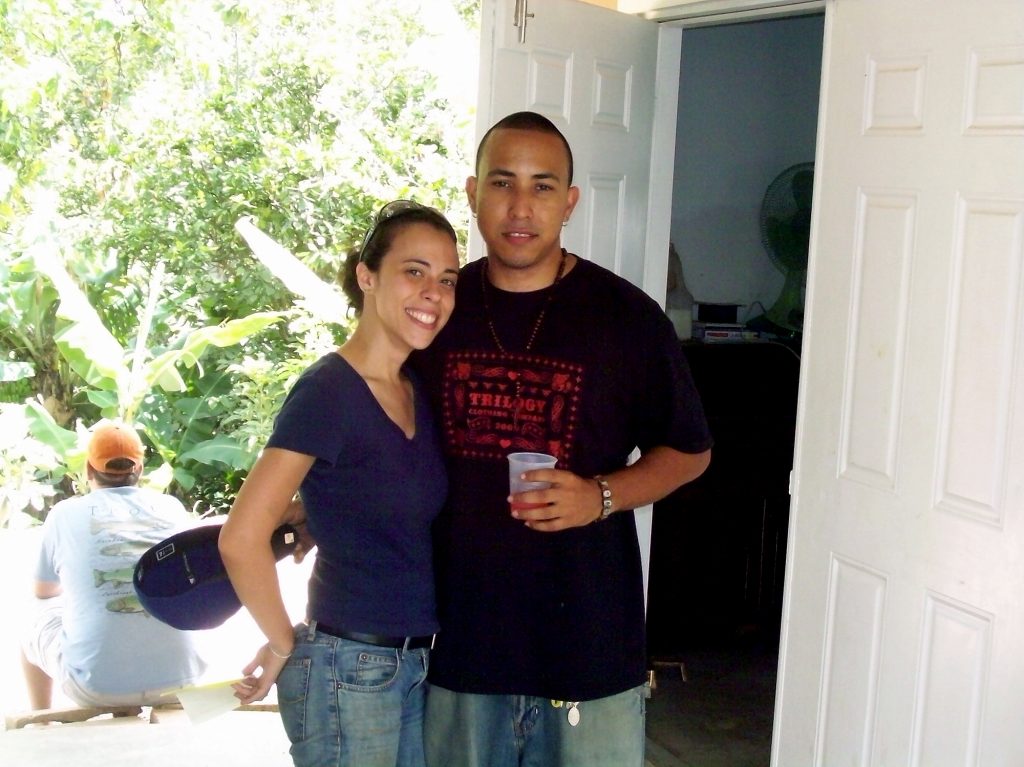 My husband and I were living as missionaries in a remote village in San Juan de la Maguana, Dominican Republic, close to the Haiti border, when I first embraced the work of justice. I was skeptical when our Mission Office started to engage with the government in providing breakfast and lunch to the schoolchildren who were attending the schools our mission had built and opened – after all, this was the same government that allowed them and their families to live in towns without electricity, running water, paved roads, medical centers, or schools and hadn’t even assigned birth certificates to most of our neighbors. And, yet, when the Church and the government worked together, we accomplished so much more for the people we were serving than either entity could have done alone. For example, our volunteers and community members built schools; our long-term missioners provided instruction to adults who had previously only received very basic elementary education but would eventually attain college degrees and become the schoolteachers of their villages; while the government provided nutrition programs and officially recognized our schools.
My husband and I were living as missionaries in a remote village in San Juan de la Maguana, Dominican Republic, close to the Haiti border, when I first embraced the work of justice. I was skeptical when our Mission Office started to engage with the government in providing breakfast and lunch to the schoolchildren who were attending the schools our mission had built and opened – after all, this was the same government that allowed them and their families to live in towns without electricity, running water, paved roads, medical centers, or schools and hadn’t even assigned birth certificates to most of our neighbors. And, yet, when the Church and the government worked together, we accomplished so much more for the people we were serving than either entity could have done alone. For example, our volunteers and community members built schools; our long-term missioners provided instruction to adults who had previously only received very basic elementary education but would eventually attain college degrees and become the schoolteachers of their villages; while the government provided nutrition programs and officially recognized our schools.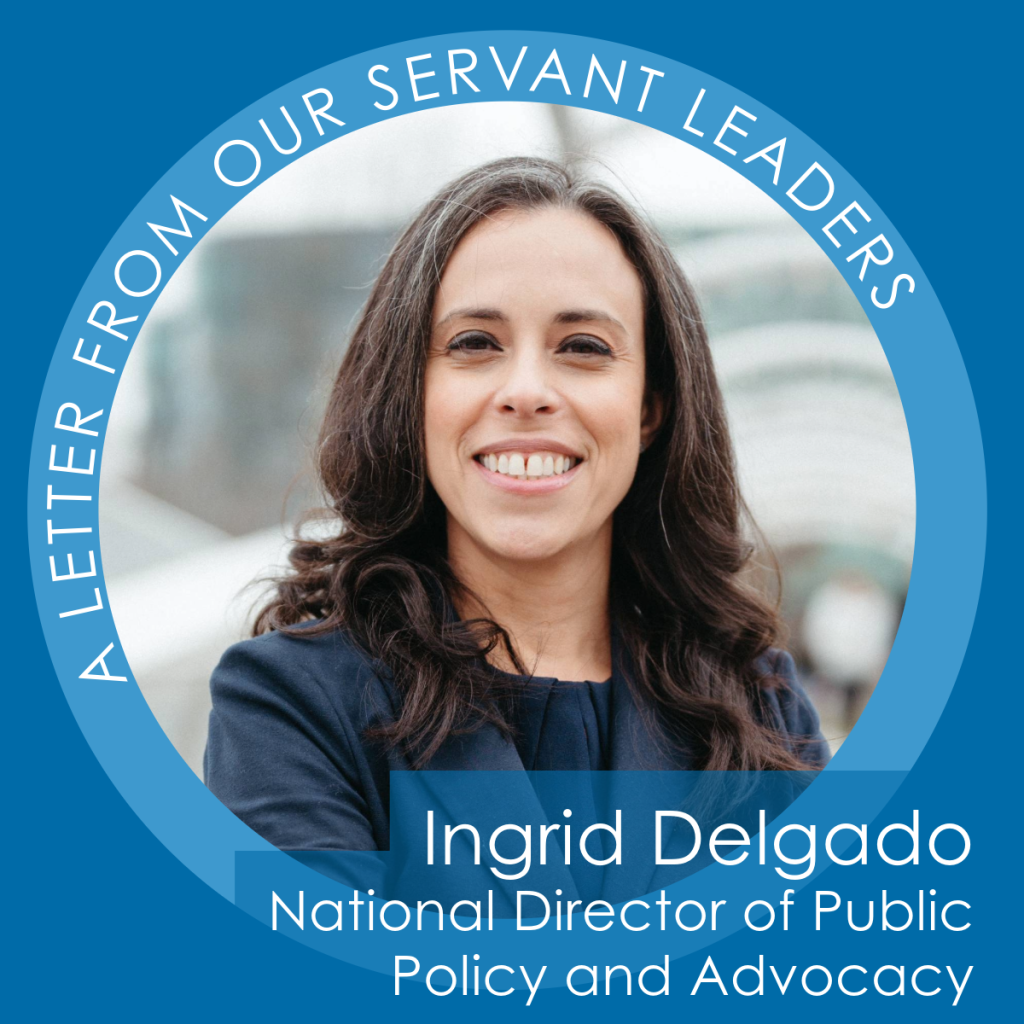
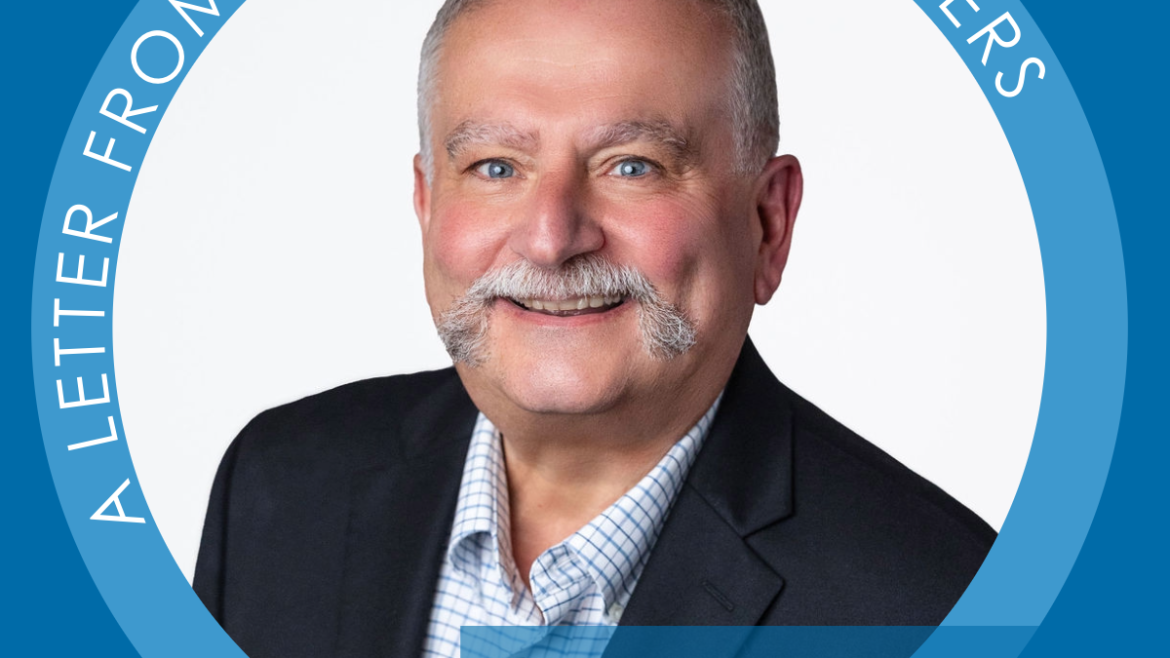
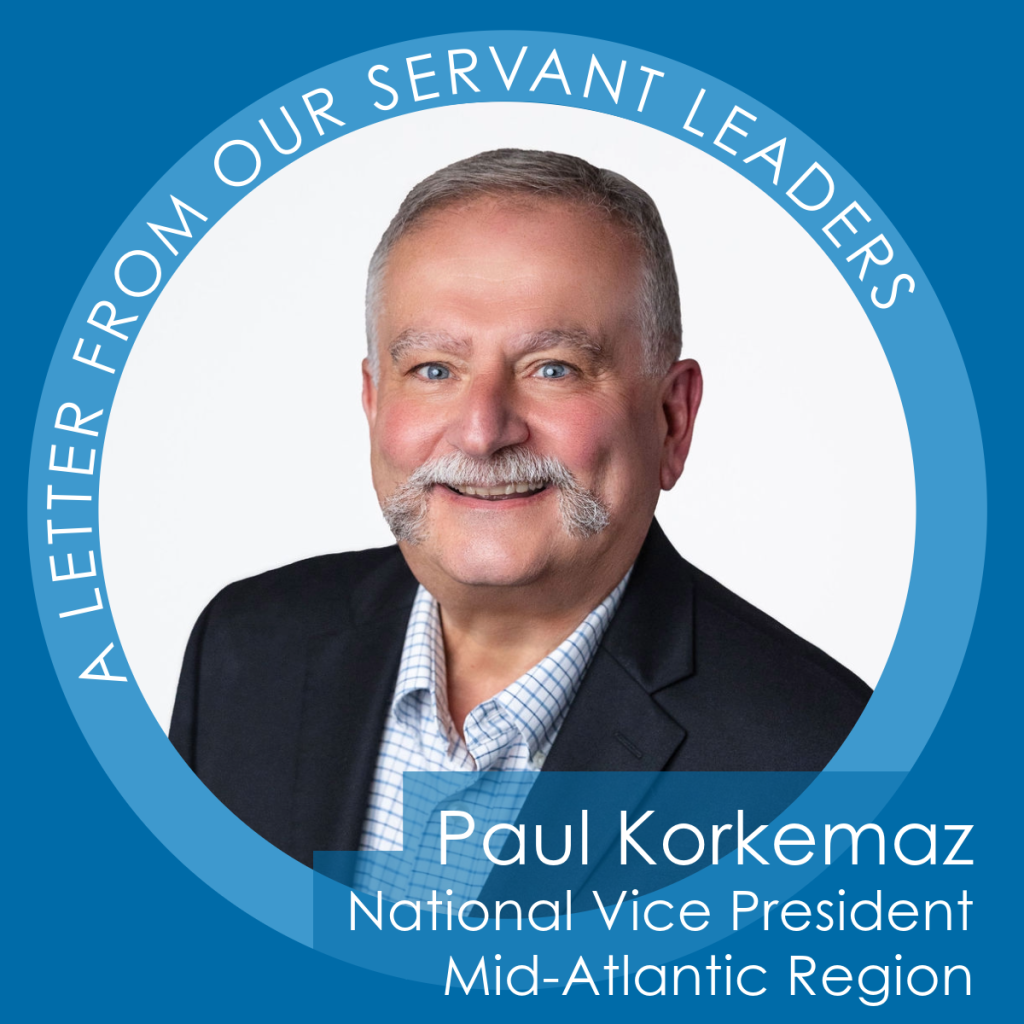
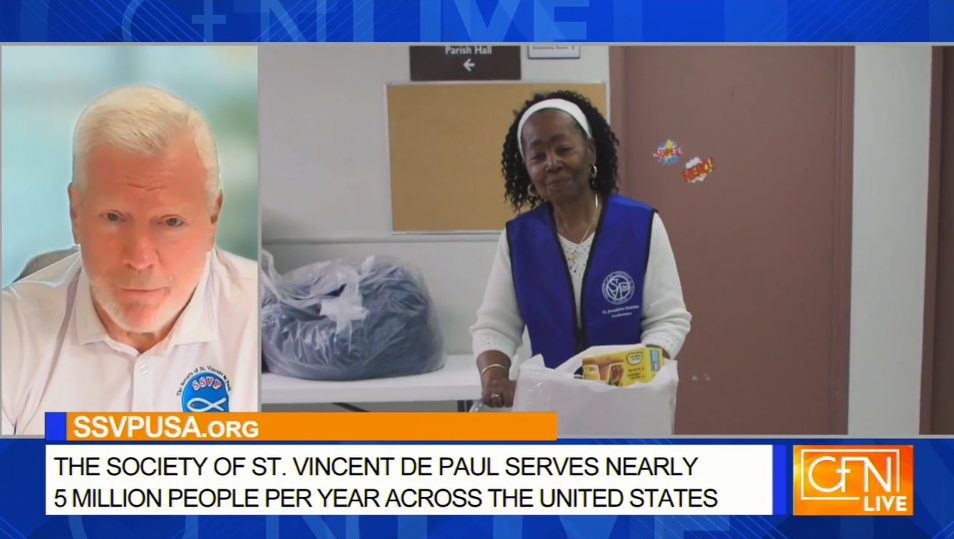

 SVdP USA National President John Berry Urges Congress to Protect Medicaid and SNAP
SVdP USA National President John Berry Urges Congress to Protect Medicaid and SNAP